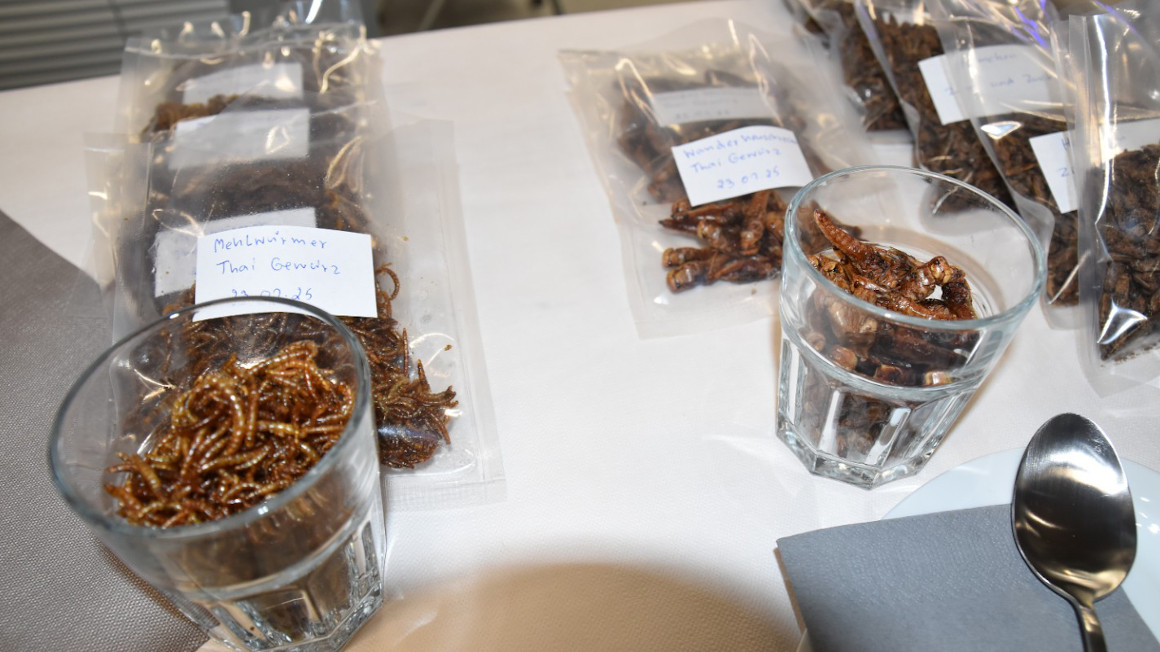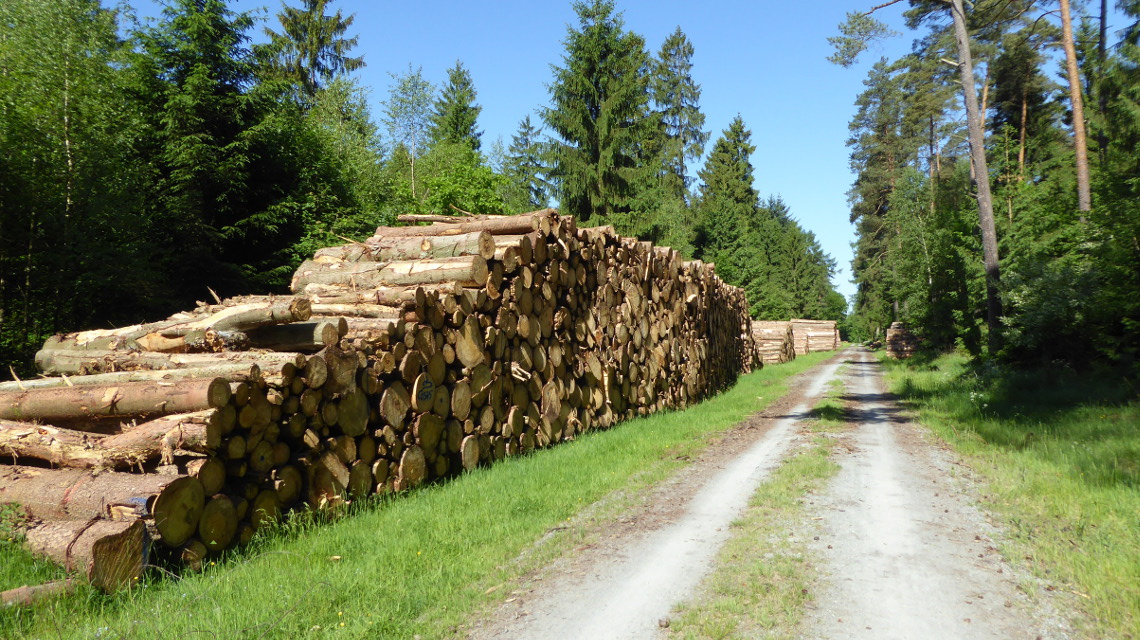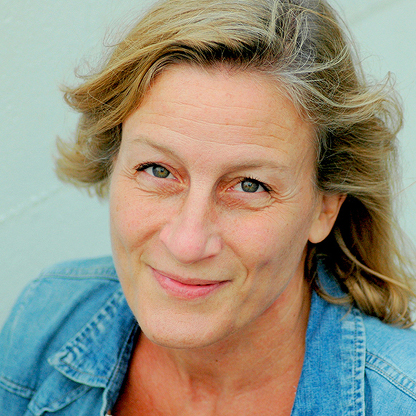Upswing for insect breeding in Giessen
Insect biotechnology in Giessen is getting a boost: the Fraunhofer IME has announced that the start-up Endosolutions is to set up at the research centre and breed insects on a large scale.

With the LOEWE Centre for Insect Biotechnology and Bioresources, the city of Giessen has developed into a world-leading location for insect biotechnology. Scientists from the Fraunhofer Institute for Molecular Biology and Applied Ecology IME and Justus Liebig University are jointly researching biotechnological methods to develop new products from insects. One focus of the work is on sustainable, insect-based technologies for the circular bioeconomy. Now the breeding of insects is also to be established on a large scale in Giessen.
Industrial breeding and utilisation of insects
As announced by the Fraunhofer IME, the Bavarian start-up Endosolutions will be based near the Fraunhofer Institute in order to promote the industrial breeding and utilisation of insects. The focus is on mealworms, soldier flies and cockroaches, which are to be further processed after breeding for a wide range of applications such as food and animal feed.
‘This industrial establishment is intended to develop innovative solutions for the sustainable and energy-efficient use of insects in the circular bioeconomy. It is of strategic importance for the region, as it represents an important step towards the establishment of a ‘Silicon Valley’ for insect technologies in Central Hessen,’ said Andreas Vilcinskas, Head of the Bioresources Division at Fraunhofer IME, at an event to mark the establishment of Endosolutions.
10,000 tonnes of insect larvae per year
A new technical centre with around 10,000 square metres is soon to be built on a site behind the Fraunhofer Institute, where Endosolutions and IME researchers will work together. As reported by the German news programme Tagesschau, there are also plans to build a so-called Endo-Hub in which up to 10,000 tonnes of insect larvae can be bred per year. The concept also aims to get farmers from the region interested in breeding insects.
Insects are not only rich in protein and therefore suitable for food and animal feed. They are also an important resource for the bioeconomy. For example, the shells contain chitin, the second most common polysaccharide on earth after cellulose. Medical products are made from this biopolymer. However, it also serves as a raw material for the technical production of chitosan, which in turn is used to manufacture fibres, foams and films.
Start of construction planned for 2026
The ground-breaking ceremony for the new building is scheduled for 2026. According to Endosolutions, Giessen is the first location where the hub concept will be implemented. Further hubs are planned.
bb


